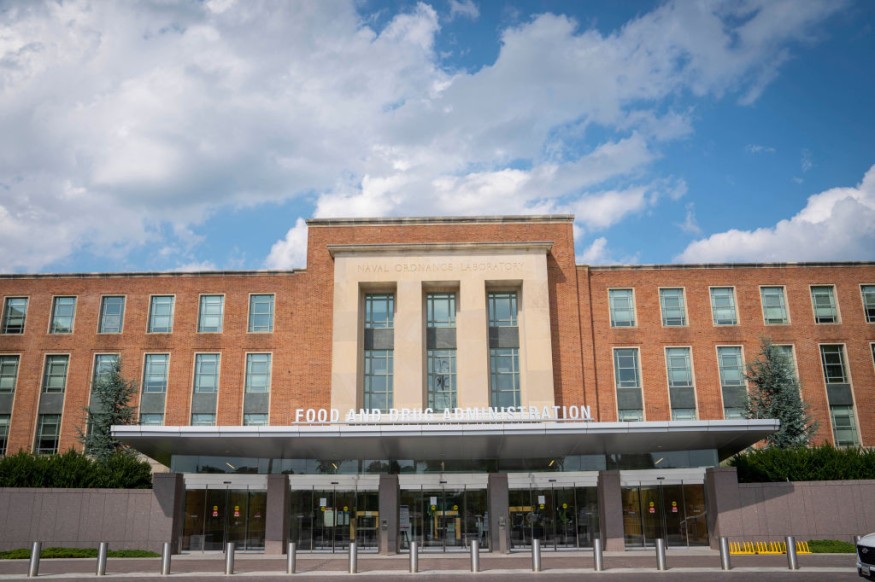FDA Says Vaccine Makers Can Tweak COVID-19 Shots as Variants Emerge

The Food and Drug Administration (FDA) has issued a new groundwork for vaccine makers to be able to react quickly to emerging new COVID-19 variants.
This would allow vaccine makers not to conduct lengthy randomized controlled trials for shots that have been adapted to protect against concerning COVID-19 variants.
"We are using every tool in our toolbox to fight this pandemic, including pivoting as the virus adapts," Dr. Janet Woodcock, acting FDA commissioner, said in a statement.
NBC News reported that the FDA guidance issued on Monday is for companies that make COVID-19 vaccines, therapeutics, and diagnostic tests as they work to keep up with the mutating variants of SARS-CoV-2.
The newly issued FDA recommendation would significantly accelerate the review process at a time when scientists are increasingly anxious about how the variants might slow or reverse progress made against the virus.
Woodcock said the emergence of the virus variants raises new concerns about the performance of the COVID-19 vaccines.
Vaccine Makers In Modifying the COVID-19 Shots
Evidence suggests that the two COVID-19 vaccines authorized in the U.S., namely Moderna and Pfizer-BioNTech, appear to provide good protection against the new variants.
Most of the vaccine manufacturers in late-stage trials have already announced plans to modify their products to address the emerging virus variants, according to a The New York Times report.
The Moderna and Pfizer-BioNTech vaccines use the mRNA technology that the companies said could be used to alter the existing vaccines within six weeks. However, testing and manufacturing would take longer.
Moderna has already started developing a new version of its vaccine that could be used as a booster shot against a virus variant that originated in South Africa, which seems to affect the vaccines' effectiveness.
Aside from the South African variant, the U.K. has also observed a mutation that could make it harder to control the vaccines. The said variant was found in the United States last week.
Woodcock did not give any specific criteria when asked how much the variants would need to spread before the updated vaccines were necessary.
"We need to anticipate this and work on it so that we have something in our back pocket before the threshold is upon us," Woodcock said in a report.
FDA on Tweaked Vaccine
In trials suggested by the FDA, researchers will get a blood sample from a small group of volunteers administered with the adapted vaccine. The blood sample will then be observed what percentage of immune response it created to the variants in the lab.
The vaccines will be deemed acceptable if they can create an immune response close to the one created by the original vaccines.
Earlier this year, FDA was resisting calls to modify COVID-19 vaccines, citing scientific evidence and its own procedures. The agency earlier said that they would make decisions based on data and science, Bloomberg reported.
Meanwhile, vaccine makers are figuring out how to tweak their vaccines against the said virus mutations. The World Health Organization (WHO) and FDA are also looking to the global flu vaccine system in deciding how to handle the same situations about the COVID-19 shots. Viruses mutate continually, and it takes the right combination of particular mutations to escape vaccination.
Read also: Operation Warp Speed Behind Schedule: Vaccinating Americans Could Take 10 Years at Current Pace
Subscribe to Latin Post!
Sign up for our free newsletter for the Latest coverage!
















